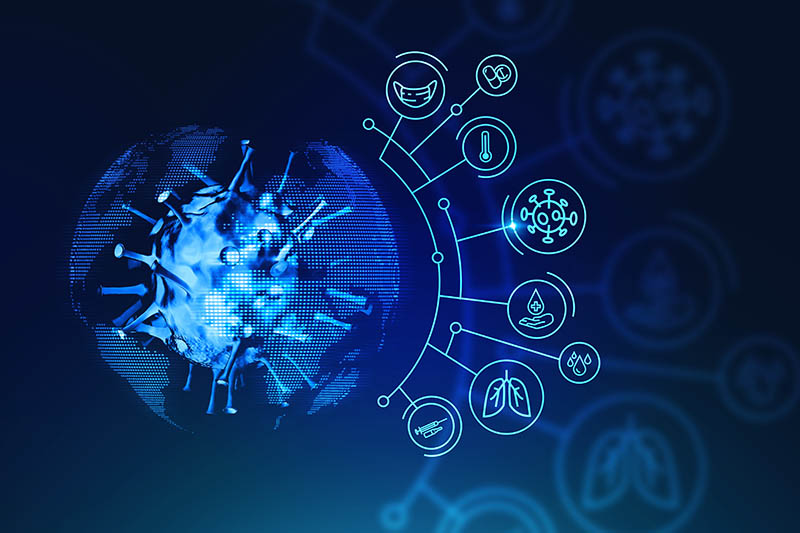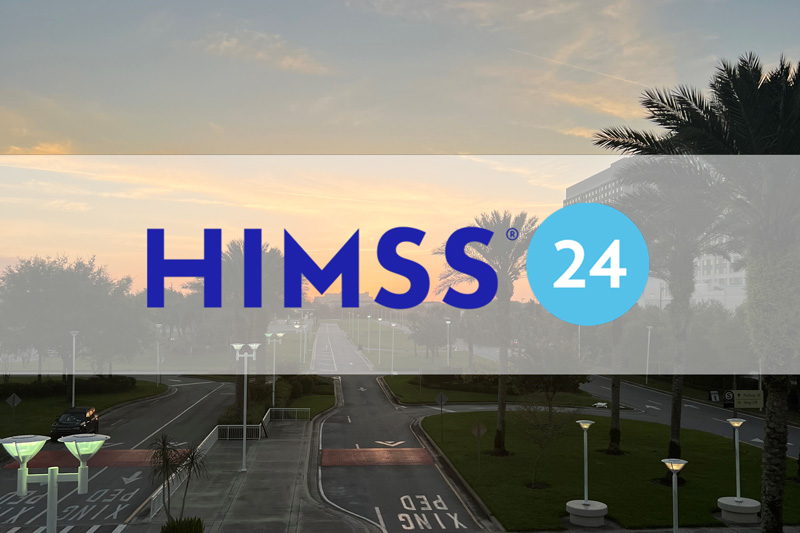The history of our world’s health system has not seen a centralized drive for a single solution on the scale of our current COVID-19 vaccine development. From clinical trials and research to private funding and new technological breakthroughs, the information generated from vaccine research is creating a massive data overload that requires a robust analytics platform and artificial intelligence to effectively turn raw data into positive outcomes.
Data analytics will be vital in condensing the disparate data sources into a clean manageable dashboard for professionals to drive improvements. Once this initial data collection problem is overcome, artificial intelligence will be able to derive deep, predictive insights into vaccine development, thus speeding up the process and delivering better outcomes.
The data collection problem
The sheer size of research and information being generated by vaccine development is staggering. For example, in the first week of March, there were 500 research papers published on the topic of vaccine development as opposed to 200 for the entire month of February. This influx of research has only gotten larger as vaccine development has reached the later stages.
Beyond research papers, vaccine developers must dig through drug advancements, funding practices, and clinical trials to have a holistic view of the situation. Data analytics platforms are able to centralize and standardize these large data sets so health specialists can better understand and combat COVID-19.
Speaking with Health IT Analytics, Julie Swann, PhD, professor and department head of the Fitts Department of Industrial and Systems Engineering at North Carolina State University, explains a specific use case of data analytics in understanding antibody creation: “There’s a lot of uncertainty about how much immunity is generated by having the virus a first time. Data and analytics technologies will help us better understand that level of immunity and what that means for the future.”
Because immunity changes based on an individual’s response to the virus and how infected they became, big data analytics is necessary to crunch the vast array of individual cases into operable insights.
Analytics already making a difference
Data analytics technology has already been implemented in the fight for a vaccine, especially in the field of understanding the immune response to exposure. The Human Immunomics Initiative (HII) at Harvard University is a joint effort using artificial intelligence models to accelerate vaccine development. The program hopes to combine expansive data collection of clinical trials with big data analytics to reach their goals. The HII is specifically interested in how the immune system interacts with the virus in aging populations.
Through data analytics, research teams are able to gather and manipulate large data sets. The groundbreaking work they do with this clean data is achieved through artificial intelligence.
The influence of A.I. in the creation of vaccines and medications is a very new development. In February of this year, the first medicine ever developed using A.I. was put forward by the Japanese company Sumitomo Dainippon Pharma. It was developed to treat obsessive-compulsive disorder but this breakthrough has clear crossover impact on all vaccine testing going forward.
Through the use of algorithms, the company’s A.I. platform was able to sift through a large number of data points to combine the perfect set molecules that were needed for a solution. Sumitomo Dainippon Pharma’s work here is exemplary of the value add using A.I. instead of human labor.
In the pre-clinical trial phase, A.I. can be used to test the numerous combinations of molecules that could combine to create an effective drug. A process that usually takes billions of dollars and years of intensive labor can be reached through algorithms. In the case of COVID-19, companies like Atomwise are using this technology to expedite the vaccine development process. By identifying promising molecule combinations, A.I. is able to shrink the years-long process down to months.
Another way to look at this process is by thinking of it expediting the scientific method, according to Murat Sonmez. The scientific method begins with a hypothesis and tests it through trial and error to come to a conclusion. For Sonmez, A.I. can be used to speed up the initial steps in that process. For example, A.I. is able to write a massive number of hypotheses, like whether a single compound combination would work, and test the initial viability of the result. Once the compound clears that initial test it must be run through a more thorough, human-led investigation to prove its safety. But the initial writing and testing phase that A.I. is able to do is extremely effective in taking time off of the research process.
The combination of data analytics in collection and A.I. in testing will be an important tool to speed up the discovery of the COVID-19 vaccine.
- Data Analytics and Artificial Intelligence in the Race for a Coronavirus Vaccine - September 14, 2020
- The Balance Between Data Insights and Governance on the Path to Returning to Work - August 26, 2020
- Data Analytics and the Fight Against COVID-19 - August 10, 2020



